Why Nike keeps winning Olympic sponsorship gold in 2016
The world is in official Olympic fever as the 2016 Olympic Games kicked off in Rio de Janeiro and their 11 official partners (and assortment of sponsors) are frothing at the mouth at the potential audience they can reach.
With the hefty price tag of approximately $100 million for a ‘partnership’ arrangement with the Olympic games, it’s easy to understand why these companies are wanting some bang for their buck and be seen by the estimated 3.6 billion viewers and spectators.
In order to protect the Return on Investment paid by their dedicated sponsors, the International Olympic Committee created ‘Rule 40’ which protects the intellectual property (such as the Olympic rings) from being used by any company other than those whom have paid for the privilege. This rule came about after the 1996 Atlantic Olympic games where our smart little friends at Nike (who were not an official Olympic sponsor), threw a pair of $30,000 golden sprint shoes on the feet of Michael Johnson who subsequently won gold.
Yay for Nike. Not-so-yay for official $50 million sports shoe sponsor Reebook.
This arguably brilliant product placement led to the creation and implementation on what is now known as Rule 40 giving the Olympic committee and it’s sponsors protection over it’s sponsorship revenue and property.
It has also kept hundreds of lawyers in a job.
But that wasn’t the last time that those creative minds at Nike managed to find an Olympic sized loop-hole – (get it? Olympic Rings? Loops?).
In 2012, the clever brains at Nike proved that rules are made to be ‘bent’ by implying their involvement with London 2012 Olympic Games with a campaign airing just before the ‘blackout’ zone before the Olympics began. ‘Find your Greatness’ showcased well-orchestrated snippets of non-professional athletes competing in events in different towns and cities called ‘London’ around the world.
Indeed the reference was so closely inferred that the Olympic games legal advisory got involved and found that whilst the references were there, the way in which Nike’s message was portrayed, did not legally break any rules under Rule 40.
Tricky little suckers.
So moving forward to 2016, Nike decided to play it safe and just pay for their sponsorship – like everyone else. They have taken their involvement up to another level by clothing all of the US Olympic team and the Brazilian team.
Their 2016 Olympic campaign is titled ‘Unlimited’ and began back in July introducing the world to the campaign with a story of how all athletes start out – as a baby in a crib. Their next Unlimited installment was aired during the opening ceremony before unleashing it’s dozens of ‘Unlimited’ advertisements throughout the games themselves.
Whilst it is preferable to stick with the rules when it comes to marketing, as proven by Nike, it’s often the rule-breakers that are remembered the most.



